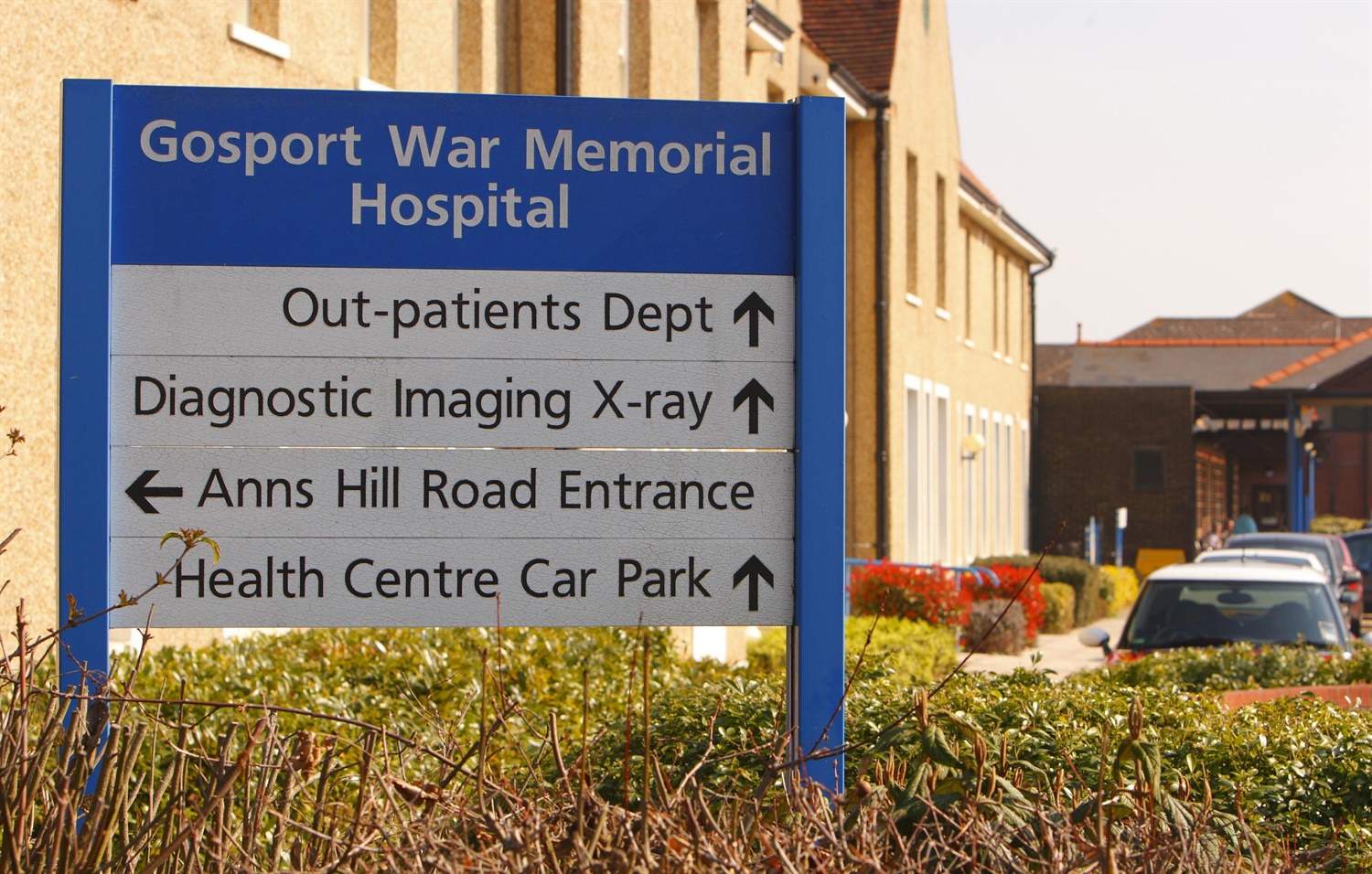20.06.18
GP’s ‘practice of shortening lives’ led to over 450 deaths at Gosport
A public inquiry into over 800 deaths at an NHS hospital over the prescription of opioid has said families have been failed by the “institutionalised practice of shortening lives.”
Staff at Gosport War Memorial Hospital in Hampshire were accused of prescribing patients with opiates from between 1989 and 2000, with family relatives claiming that some had lives cut short due to overdoses of diamorphine, led by now-retired Dr Jane Barton in the 1990s.
The report findings were established by Bishop James Jones, who ran the Hillsborough inquiry. Jones said that practice from staff at the hospitals was an “institutionalised practice of shortening lives,” but added that the Gosport Independent Panel could not ascribe criminal liability.
Of the 833 deaths assessed by the panel, over half (456) of patients were deemed to have died through the “inappropriate describing of drugs,” the panel added.
As many as 200 further patients may have died as a result of staff “administering opioids without medical justification,” but records could not be found in those cases, the report added.

Despite some nurses raising concerns about the use of the diamorphine — the medical name for heroin — in the early 1990s, Jones said: “their warnings went unheeded and the opportunity to rectify the practice was lost, deaths resulted and 22 years later it became necessary to establish the panel in order to discover the truth of what happened."
"Some nurses had questioned the practice in 1991, but it continued, becoming a culture and a norm for the wards involved. It became institutionalised on the wards," the panel said.
'There was a disregard for human life'
"There was a disregard for human life and a culture of shortening the lives of a large number of patients," the panel continued. "There was an institutionalised regime of prescribing and administering dangerous doses of a hazardous combination of medication not clinically indicated or justified, with patients and relatives powerless in their relationship with professional staff."
The independent panel said when the relatives complained about the safety of patients and the appropriateness of their care, they were "consistently let down" by those in authority – both individuals and institutions.
Dr Jane Barton was found responsible for the irresponsible practice of prescribing of opioids on the wards at the Hampshire hospital, the inquiry noted.
The panel also highlighted shortcomings from surrounding services around Dr Barton during the 1990s: citing hospital management, Hampshire Police, the Crown Prosecution Service (CPS), General Medical Council (GMC), and Nursing and Midwifery Council (NMC), “all failed to act in ways that would have better protected patients and relatives," the panel said.
The report, in addition, highlighted failings by healthcare organisations, local politicians and the coronial system.
Families, who had been fighting for over two decades to have their loved ones’ deaths investigated, were marginalised by hospital staff and “failed” by local authorities and medical regulators who did not investigate the claims thoroughly.
Jones praised the “remarkable tenacity and fortitude” of family members who battled for the investigations since the 1990s.
The panel called for health and social care secretary Jeremy Hunt, home secretary Sajid Javid, the attorney general, the chief constable of Hampshire Police and any relevant investigative authorities to recognise the significance of what is revealed about the circumstances of deaths at the hospital and act accordingly.
Enjoying NHE? Subscribe here to receive our weekly news updates or click here to receive a copy of the magazine!
Image credit: Dominic Lipinski, PA Images